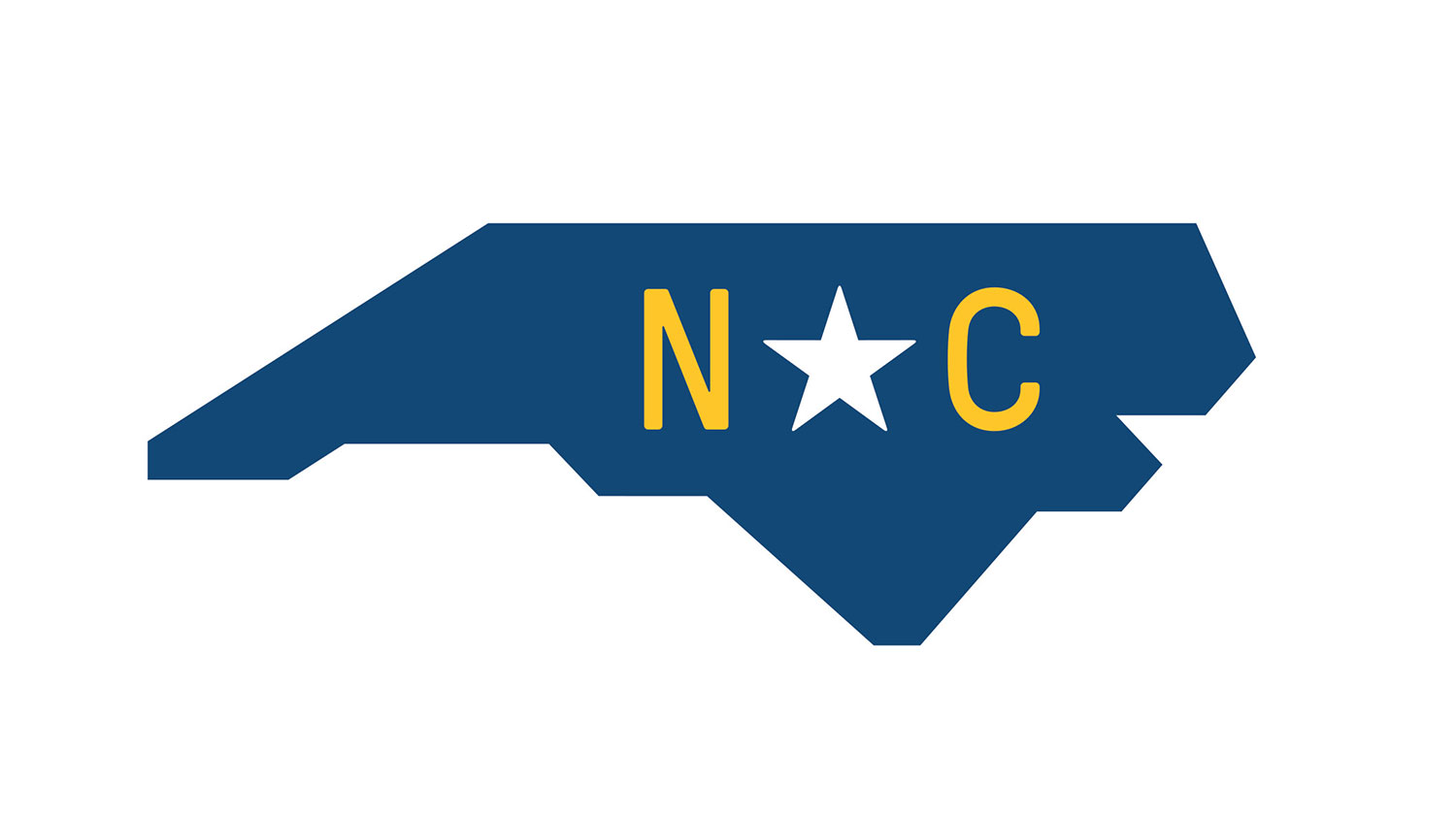
The University of North Carolina System Office, which governs the state’s seventeen constituent institutions of higher education, has issued both a policy and a regulation addressing diversity and inclusion within the University of North Carolina system.
300.8.5 Policy on Diversity and Inclusion Within the University of North Carolina states its purpose as supporting and facilitating “efforts across the University to advance diversity and to foster an inclusive environment that engages, respects, and values all members of the University community and to ensure such efforts are carried out in an effective manner.”
The policy defines terminology relating to diversity and inclusion (D&I), provides a “Statement of Commitment” and concludes with sections on accountability and reporting requirements.
A related regulation, 300.8.5 Regulation on Diversity and Inclusion Within the University of North Carolina, guides the implementation of the policy, specifying the roles and responsibilities of the system office D&I liaison, university D&I officer, and university equal opportunity (EO) officer within each institution.
The regulation also guides the establishment and responsibilities of the UNC System’s Diversity and Inclusion Council, comprised of the D&I officers from each of the seventeen institutions; defines system-side D&I metrics and goals; outlines D&I program standards and reporting lines; and guides the dissemination of D&I policies and information.
History Behind the Policies
The new policies came out of a more than two-year effort to examine, regulate and streamline diversity and inclusion functions within the UNC System. The University of North Carolina Equal Opportunity and Diversity & Inclusion Study, delivered in January 2018, documents the effort to evaluate efficiency, effectiveness and transparency of D&I and EO functions across all the schools.
When the study began, initial speculation included fears that the state legislature might enact drastic measures, such as central consolidation of D&I functions and elimination of D&I offices and staff at schools across the system. However, despite finding a wide variation in the number of programs and initiatives at each school as well as inconsistent reporting and metrics, the study found limited advantages and risks of disruption to stakeholders and deemed the idea infeasible.
Instead, the study confirmed many of the benefits of — and need for — current D&I and EO functions and sought to create guidance for more uniform implementation, such as recommending a model where D&I and EO functions within a single institution work together, a model already in place at NC State and several other UNC institutions.
When the study results were presented to the Board of Governors last year, Chancellor Woodson affirmed his support for robust D&I functions at NC State, stating, “I’m in the office of a lot of CEOs around the country who are hiring our graduates. And every one of them, the first conversation is about what we are doing to increase diversity and inclusion on our campus. We can’t prosper as a system if our students aren’t successful. And that’s beyond just graduating – that’s going out into the workforce and finding a career.” (Progressive Pulse)
Elizabeth Snively writes for the Office for Institutional Equity and Diversity.